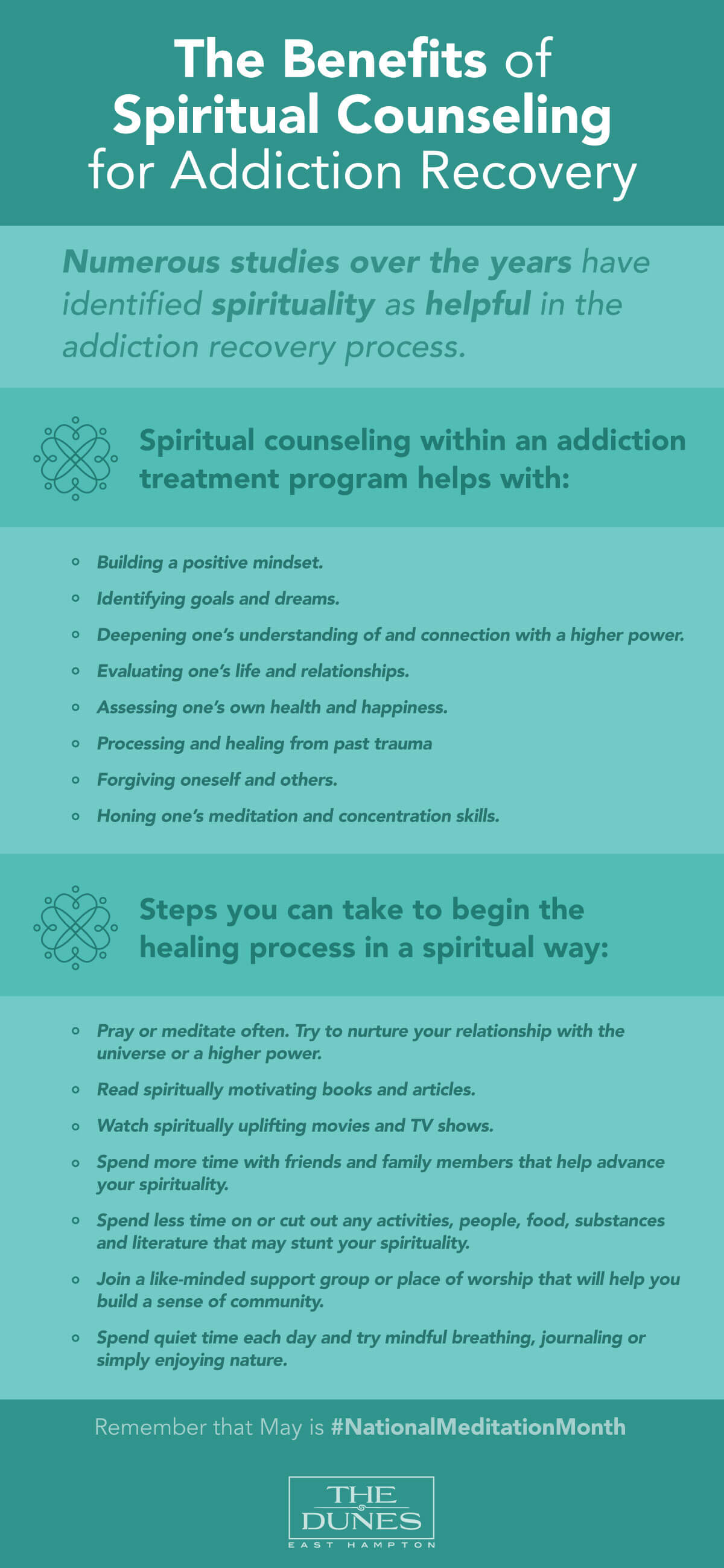Discover Just How To Produce A Solid Post-Rehabilitation Care Approach And Acquire Lasting Accomplishments
Discover Just How To Produce A Solid Post-Rehabilitation Care Approach And Acquire Lasting Accomplishments
Blog Article
https://www.westfield.ma.edu/news/westfield-state-university-offering-addiction-counselor-education-program By-White Park
You have actually finished drug rehabilitation, and currently it's time to develop an effective aftercare strategy to ensure your long-lasting recuperation.
Picture this: you're an individual identified to stay tidy and build a satisfying life. This write-up will certainly assist you via determining continuous support group, including therapy and therapy, and establishing healthy and balanced coping systems.
With these techniques, you'll be furnished to thrive in your journey of sobriety.
Allow's begin.
Identifying Ongoing Assistance Solutions
You must determine a minimum of 3 recurring support group to guarantee an effective recovery after drug rehab.
The very first support system is your friends and family. They can offer emotional support, support, and help you remain answerable. White Sands inpatient drug rehab 33508 can additionally offer a safe and understanding atmosphere where you can share your battles and triumphes.
The 2nd support group is your therapist or counselor. They can aid you overcome any kind of underlying concerns that may have contributed to your addiction and provide support on how to avoid relapse. They can also show you dealing systems and healthy means to deal with anxiety.
The third support group is a support group or a sober area. Being bordered by others that are experiencing comparable experiences can be unbelievably valuable. They can give a sense of belonging, recognizing, and deal important recommendations and support.
Incorporating Treatment and Therapy
To attain an effective recuperation, it is necessary for you to proactively join therapy and therapy sessions, along with include them into your continuous support systems. By doing so, you can make best use of the benefits of these treatment techniques and raise your opportunities of keeping long-lasting soberness.
Here are some key reasons why incorporating treatment and counseling right into your aftercare plan is crucial:
- ** Emotional Support: ** Therapy and counseling give a risk-free room for you to express your thoughts, feelings, and battles related to your dependency. It allows you to resolve any unresolved concerns and create healthy and balanced coping mechanisms.
- ** Relapse Avoidance: ** These sessions outfit you with the needed devices and techniques to stop regression. They aid you determine triggers, develop coping skills, and develop a solid structure for managing food cravings and anxiety.
- ** Personal Development: ** Therapy and counseling facilitate individual growth and self-discovery. They help you acquire insight into the underlying root causes of your dependency, improve self-worth, and develop much healthier relationships.
Establishing Healthy Coping Systems
Throughout treatment and counseling sessions, it's important to actively service developing healthy and balanced coping mechanisms in order to successfully handle stress and anxiety and difficulties.
You require to recognize and comprehend your triggers, those points that trigger you distress or stress and anxiety. By acknowledging these triggers, you can develop methods to cope with them in a healthy means. This may entail practicing deep breathing workouts, taking part in physical activity, or discovering a creative electrical outlet to reveal your emotions.
It's important to likewise border on your own with a solid support system of loved ones who can provide encouragement and guidance.
In addition, self-care activities such as obtaining sufficient sleep, consuming well, and practicing relaxation techniques can significantly add to your total well-being.
Final thought
In the trip towards healing, creating an effective aftercare strategy resembles often tending to a fragile yard. Just as a gardener supports each plant with treatment and attention, so too need to one grow recurring support group, incorporate therapy and therapy, and create healthy and balanced coping systems.
By doing so, the seeds of recuperation will blossom into a growing garden, giving a solid structure for a brighter, drug-free future.
